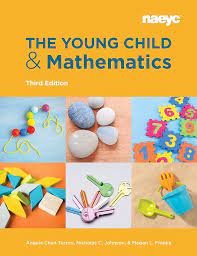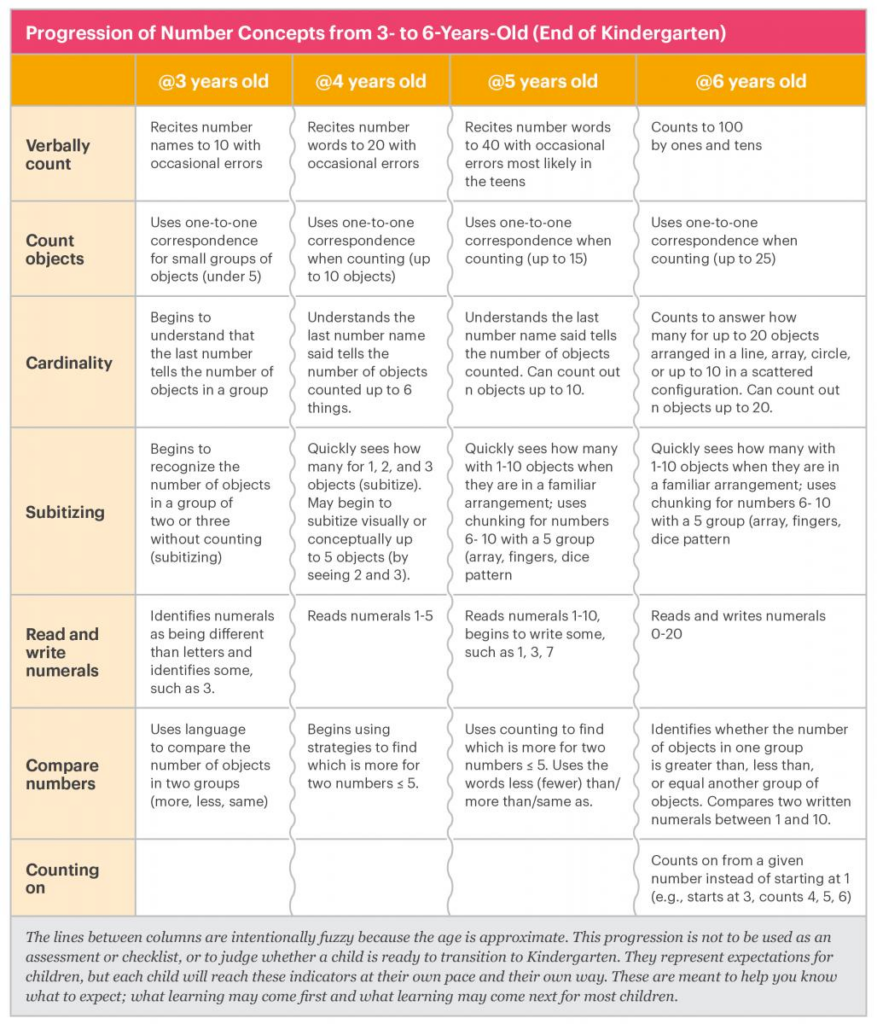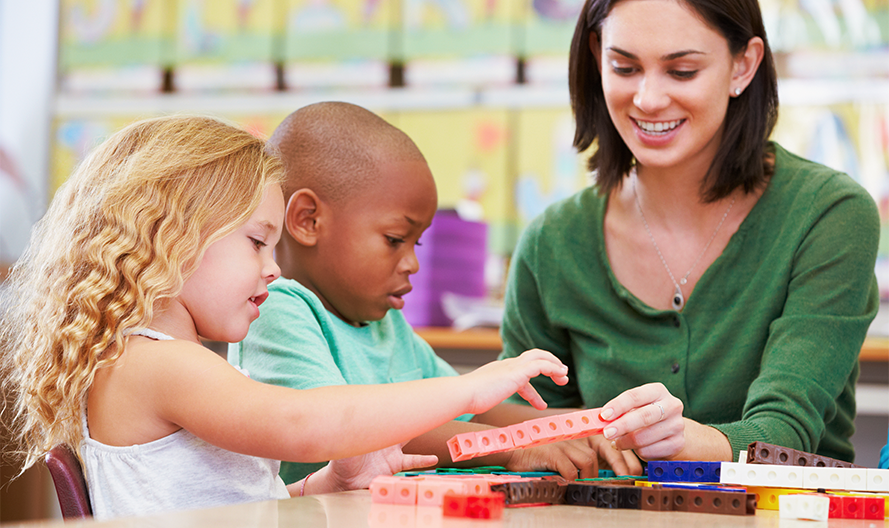As adults, there probably aren’t many of us who would say we’re “math people.” Maybe math was your least favorite subject in school and now when you pull out your phone to figure out the tip at the end of the meal, you smile, thinking about the math teachers who said we couldn’t carry a calculator around with us in real life.
However you might feel about math, as we teach our students, especially those in the early grades, we mustn’t pass on our own apprehension on the subject. In the book, The Young Child & Mathematics, from the National Association for the Education of Young Children (NAEYC) in Washington, DC, the authors encourage readers to reflect on what they believe about themselves and mathematics. For example, understanding more than one way to reach a destination, following a budget when making purchases, and measuring spaces (in classrooms or where you live!) are all mathematical. Maybe you’re a “math person” after all?

Reflecting on our own experiences is a good start in identifying the source of our math anxiety. The vignette, But I’m Not Good at Math from Development and Research in Early Math Education (DREME) at Stanford, is another great resource for reframing your math mindset. This vignette covers fears and anxieties about teaching math and how educators can successfully teach it to preschoolers, along with several reminders about the ways math is everywhere!
Of course, self-reflection alone isn’t enough to break through mathematical fear, and according to the DREME vignette, “research suggests that taking a course on early mathematical development and how to teach it can reduce this anxiety, increase your confidence in your ability to support mathematical learning in your classroom, and make you a better math teacher for young children.”
That’s where our new course, 5287: Transforming the Mathematical Experiences of Young Children, comes in. The title of the course, “Transforming the Mathematical Experiences of Young Children,” may seem like a lot to live up to, but indeed, that is exactly what this course strives to achieve!
This course uses both the book and vignette above to guide you through reflecting on your own math experience and introduces easy-to-understand and implement concepts including the multiple ways educators can teach math in informal spaces, like when transitioning from one activity to another.
In addition to breaking through your math anxiety, you’ll also become well-versed in the mathematical concepts that our “Littles” are learning such as those featured in the chart below from NAEYC. So whether you’re a numbers champion or the thought of doing long division makes you sweat, check out course 5287: Transforming the Mathematical Experiences of Young Children to make it all add up!








